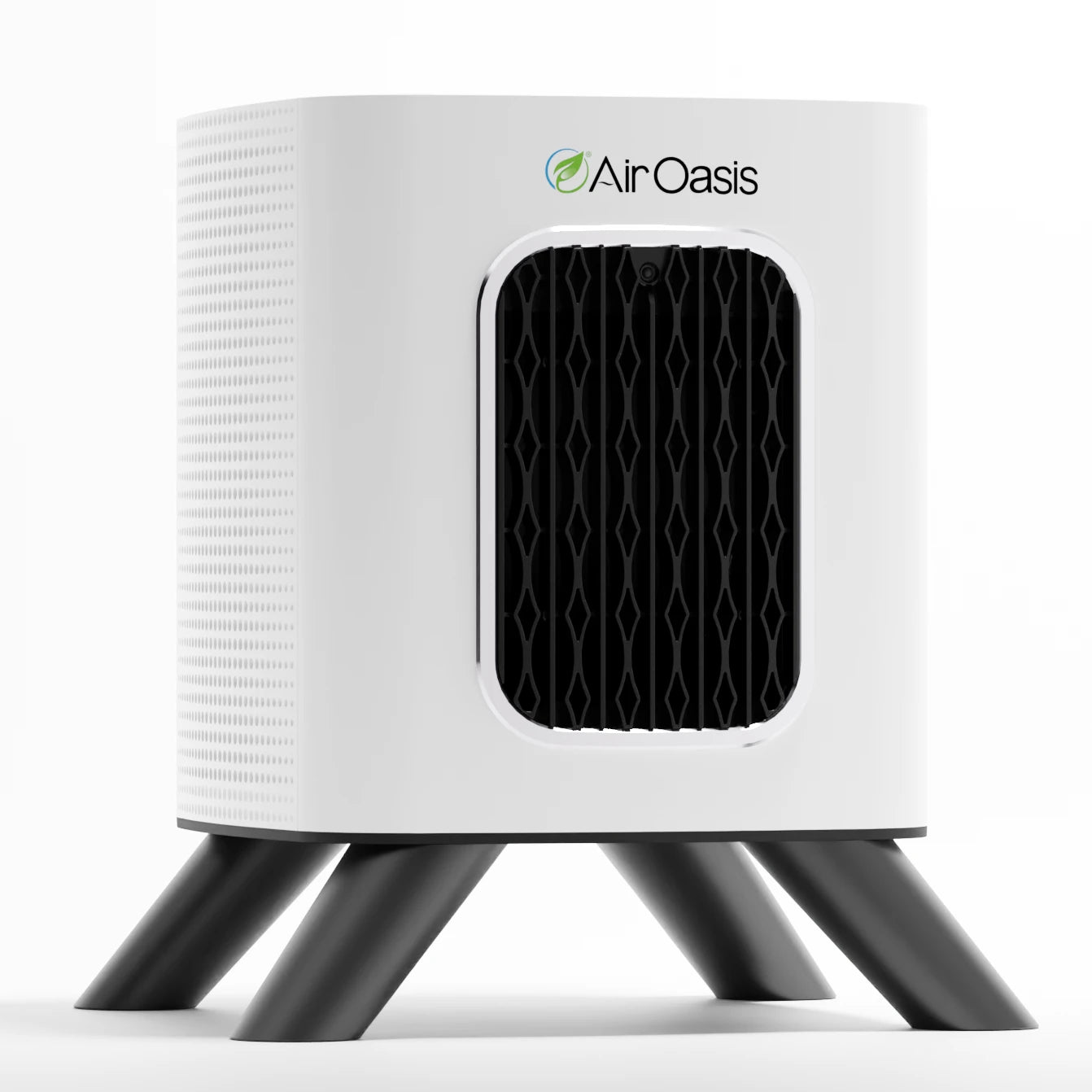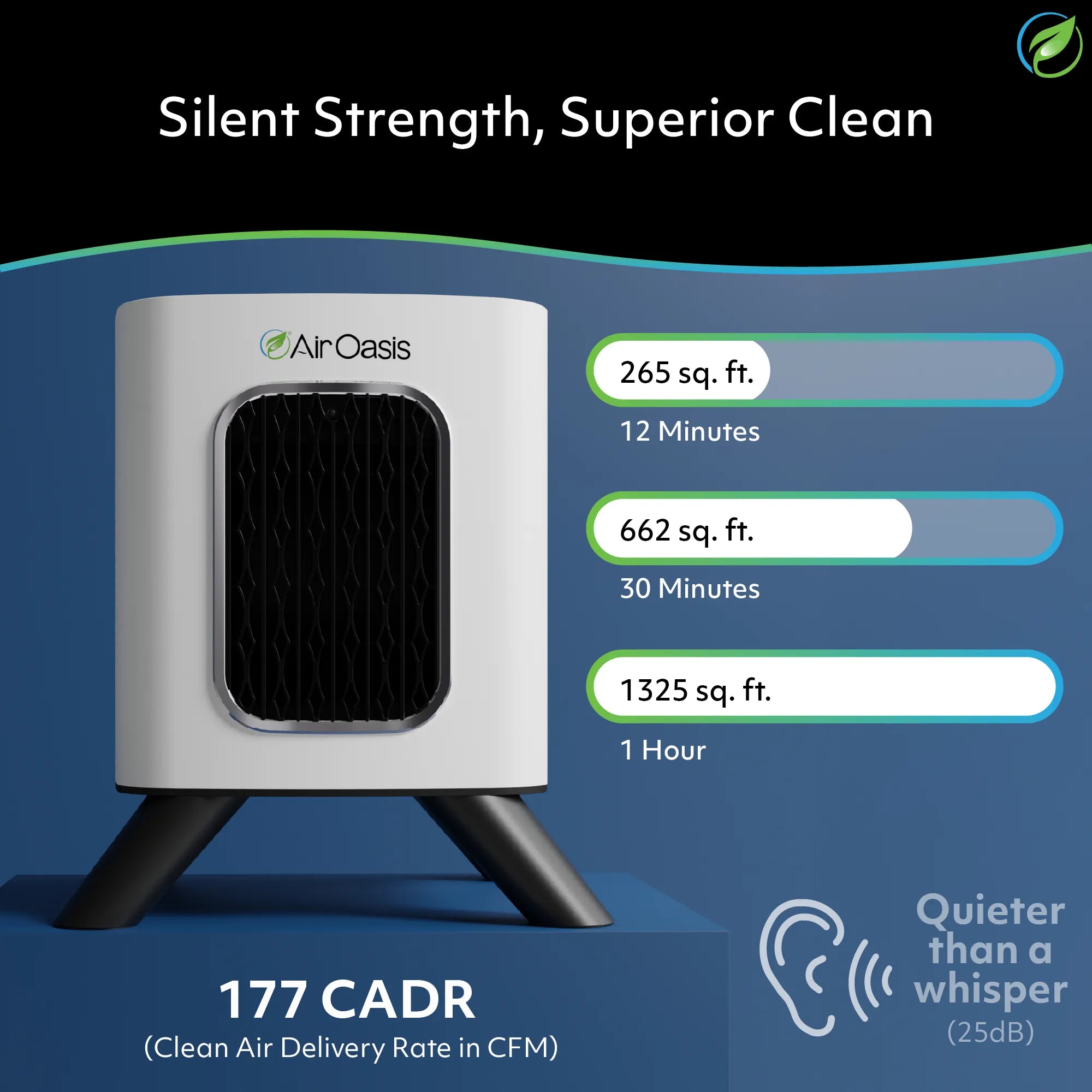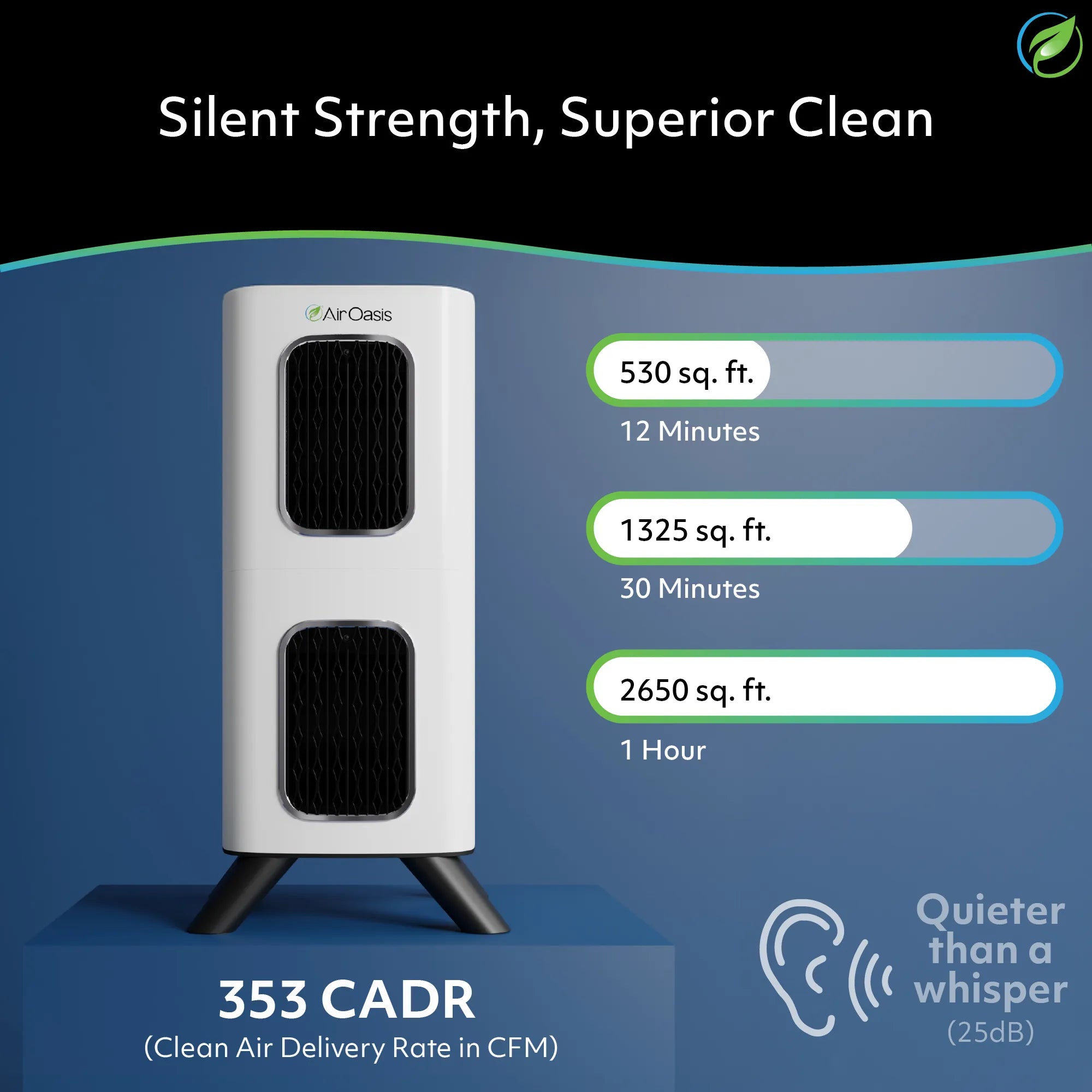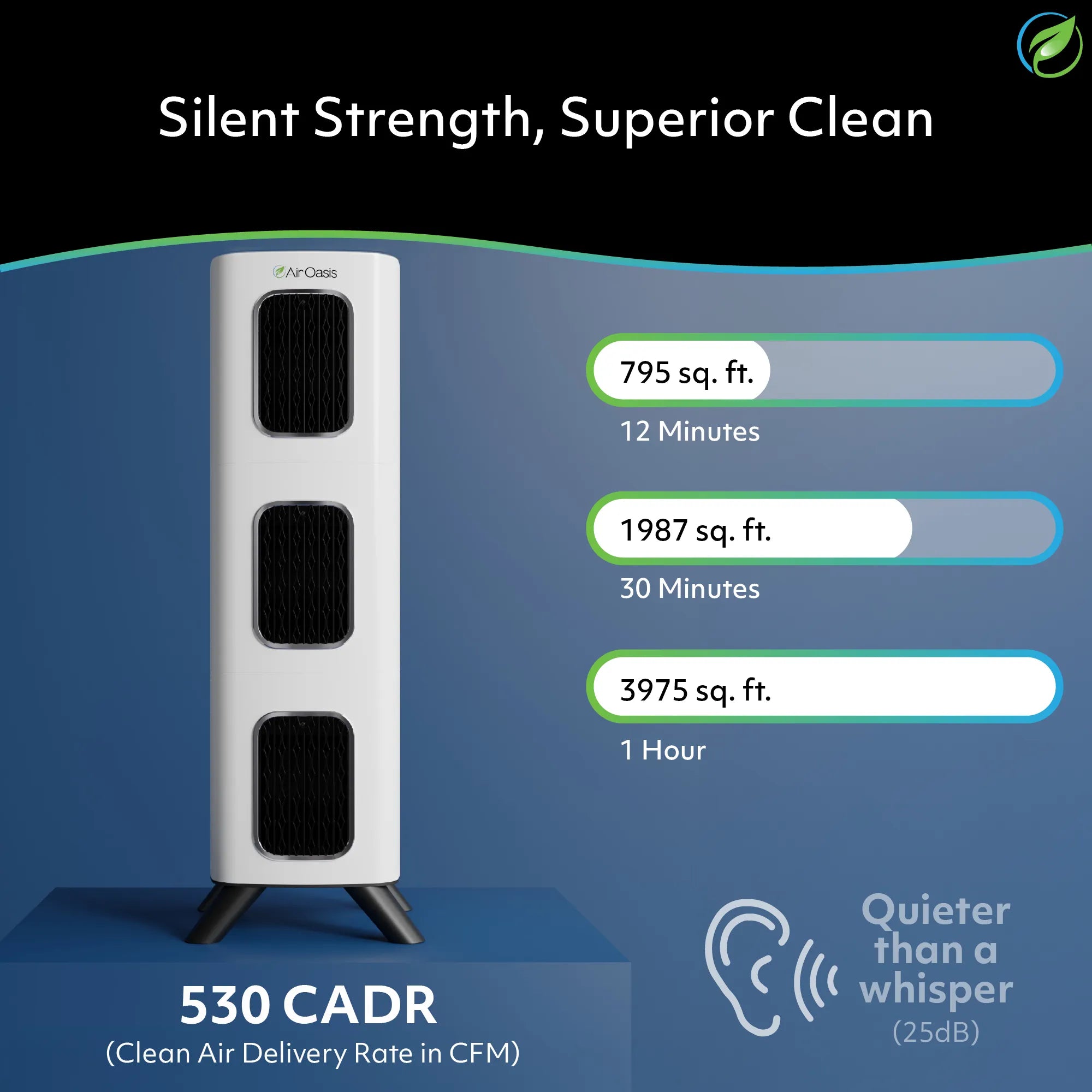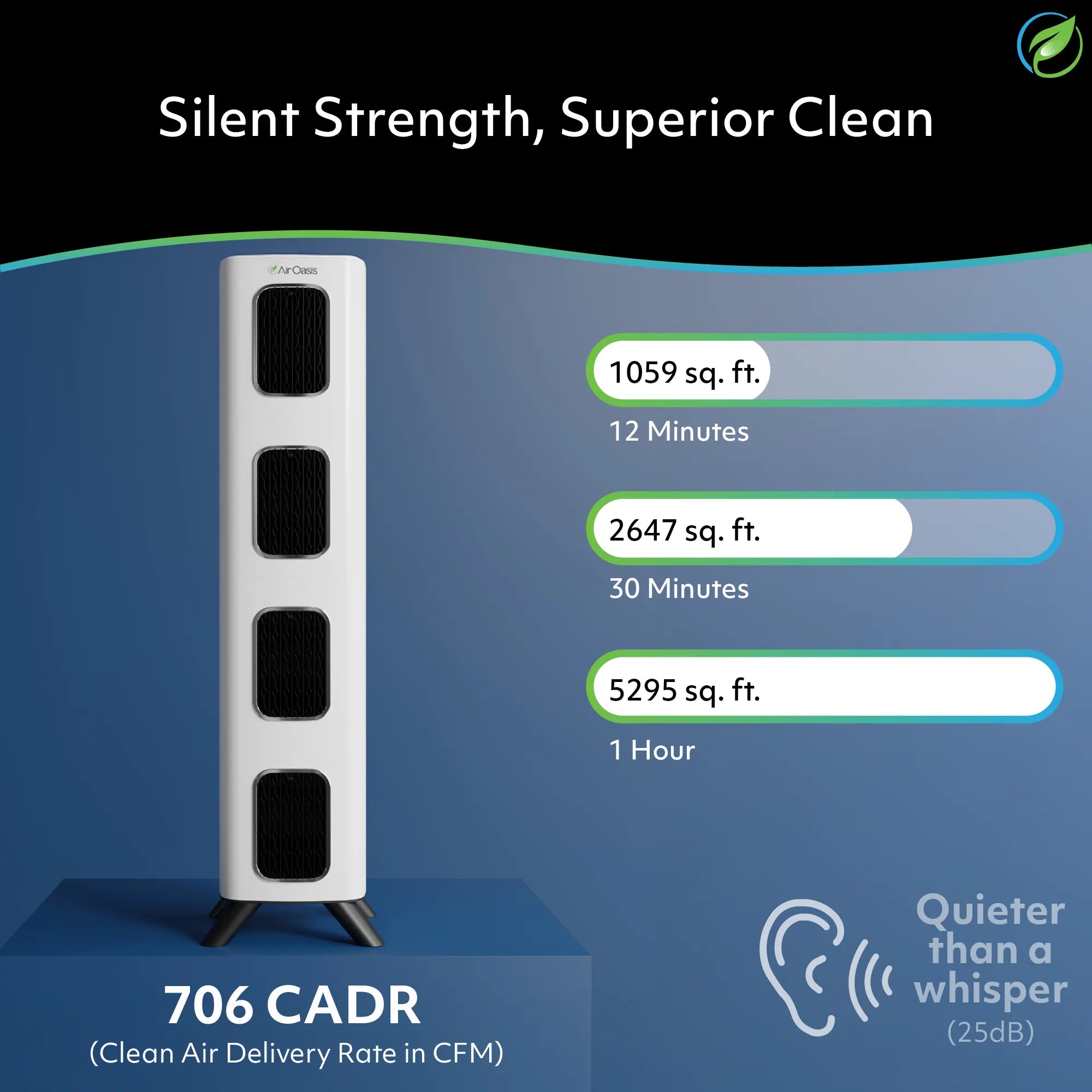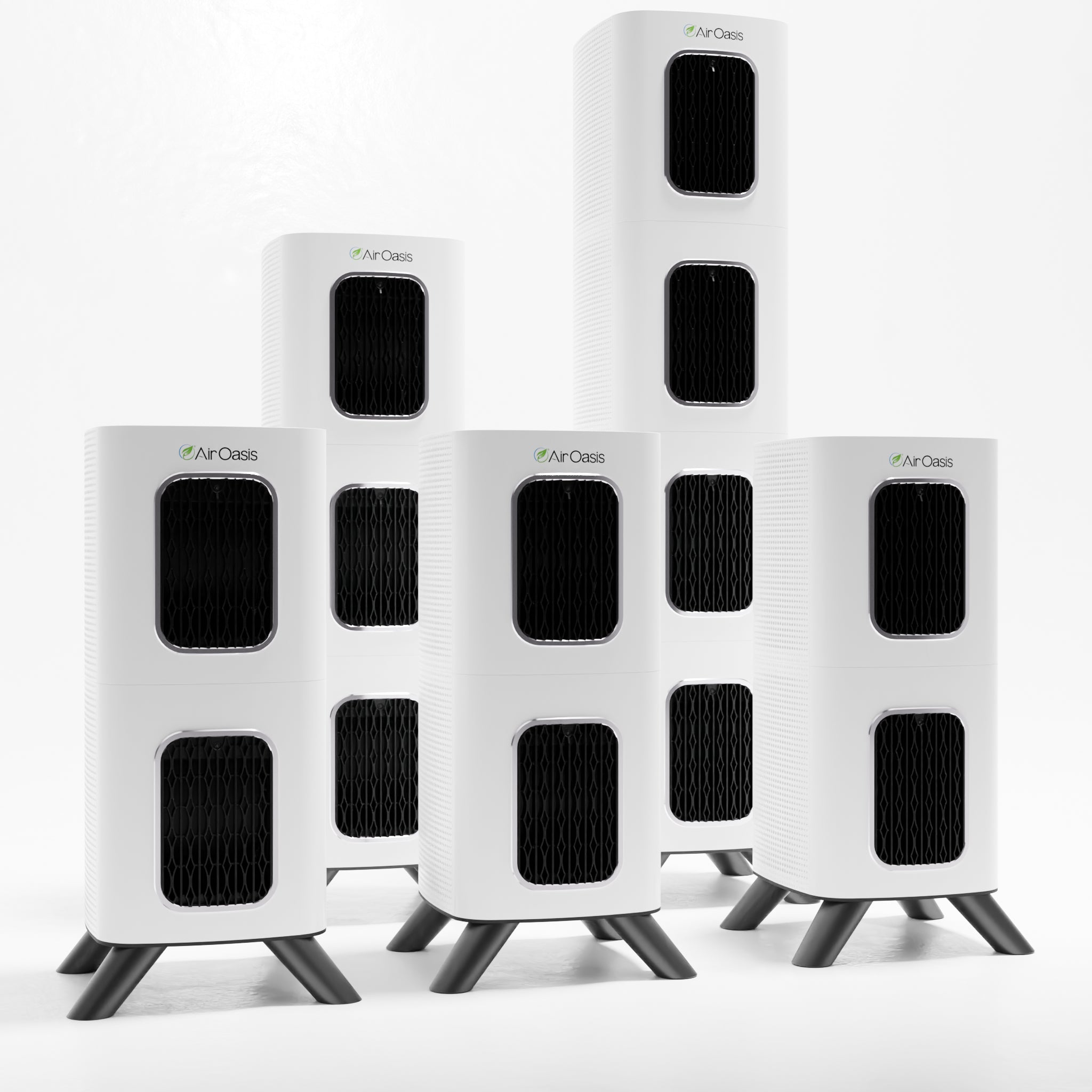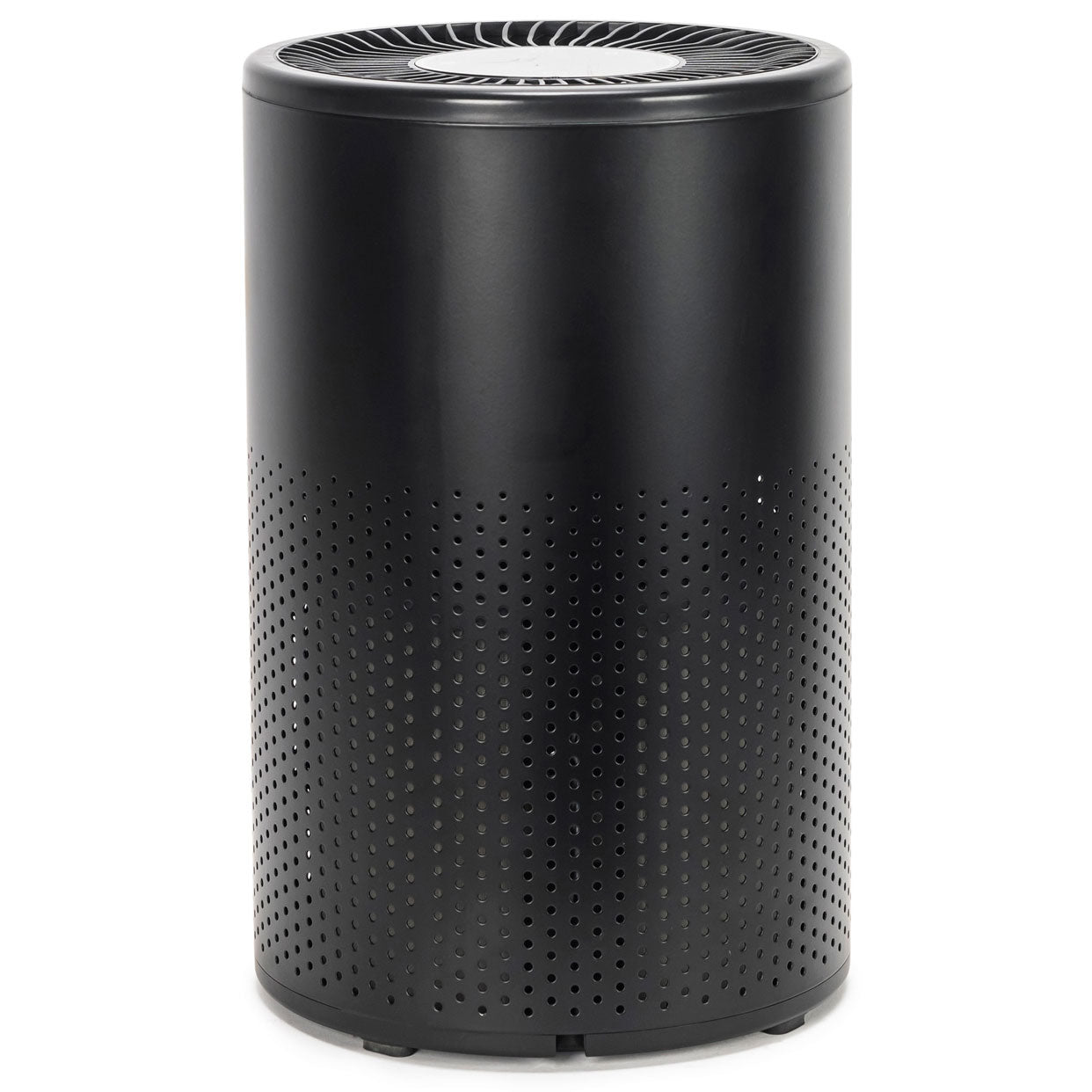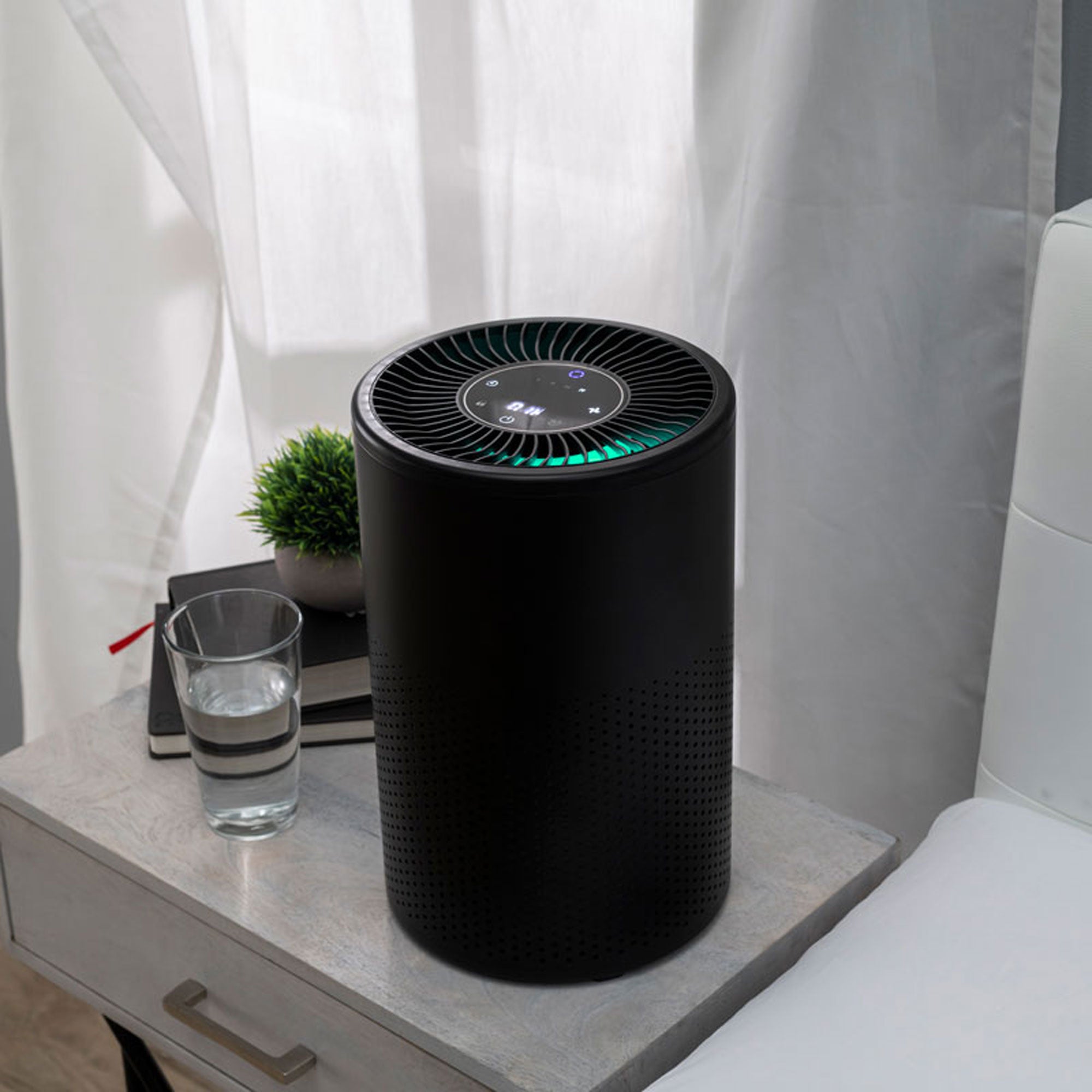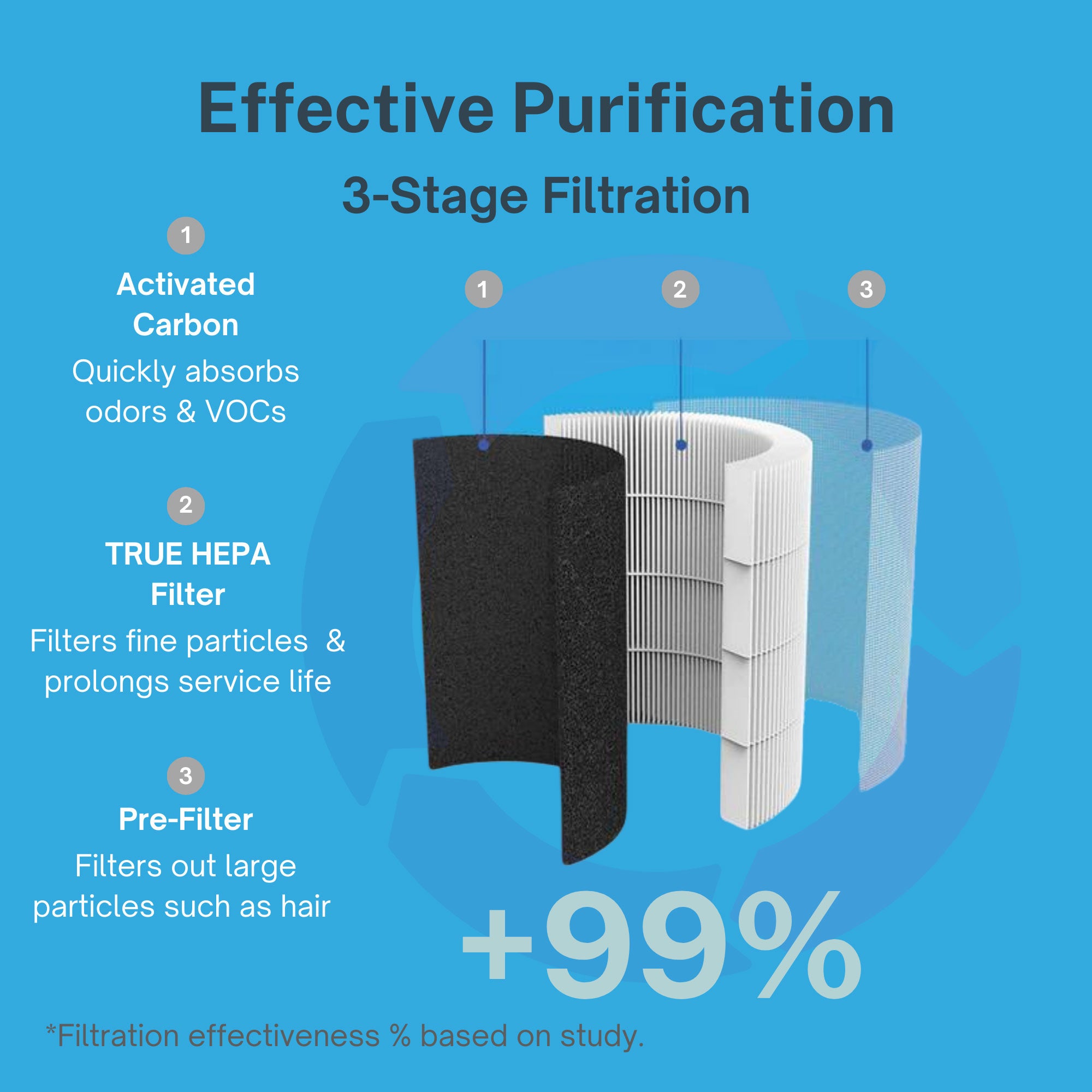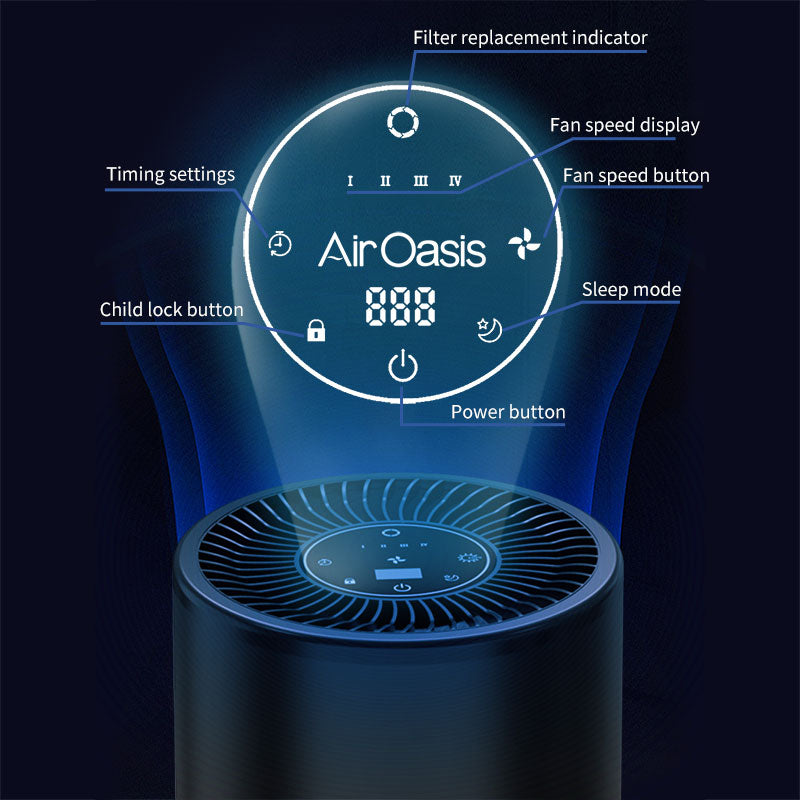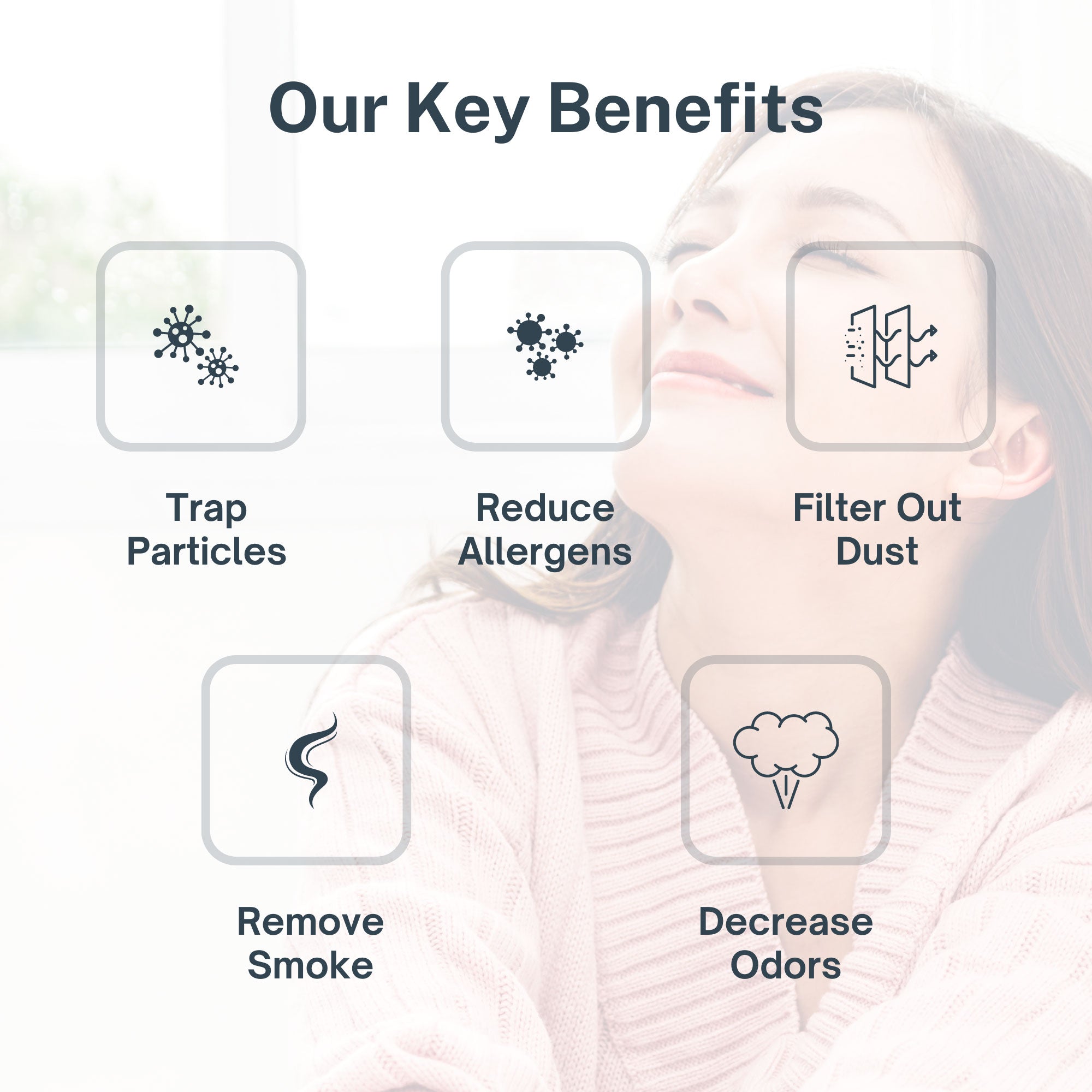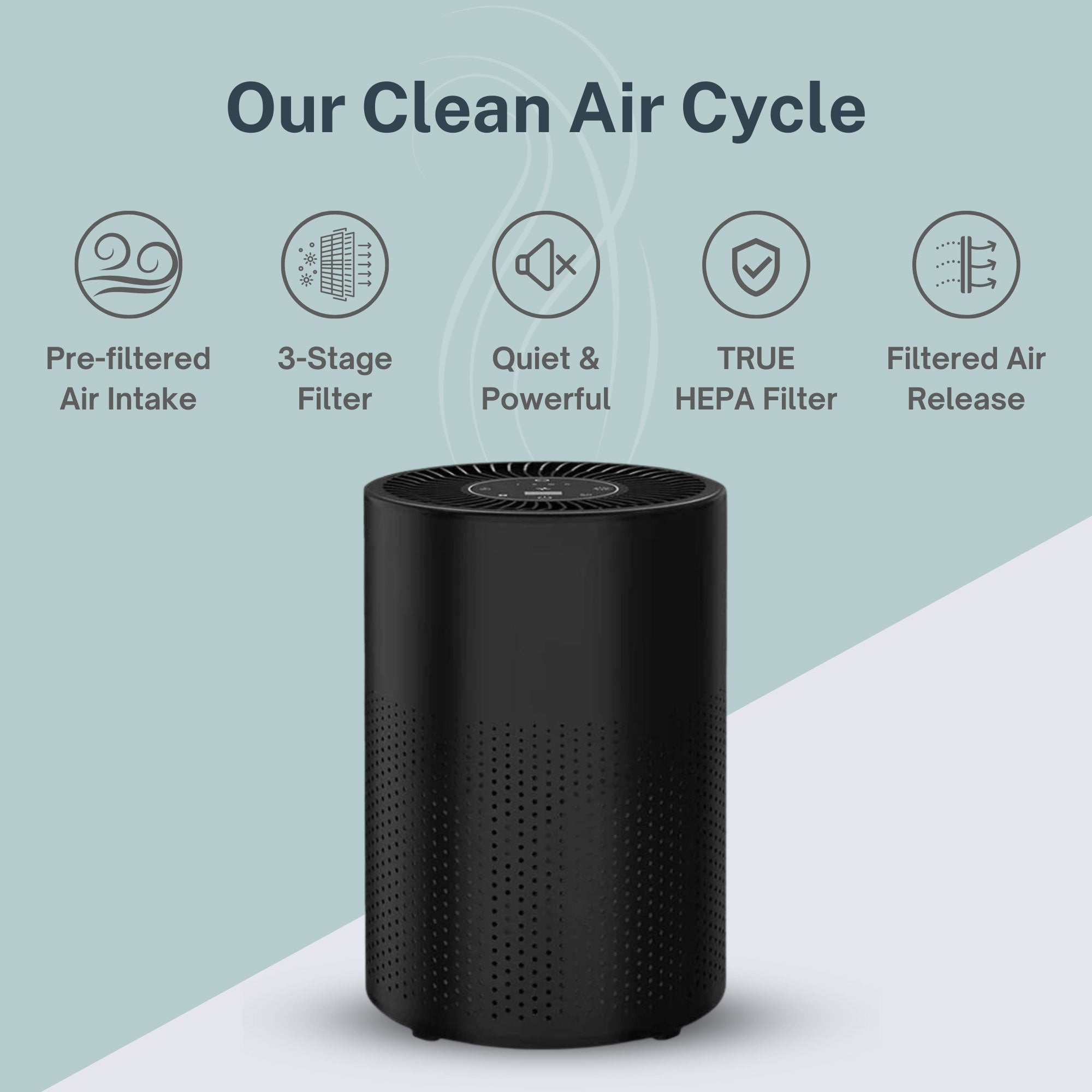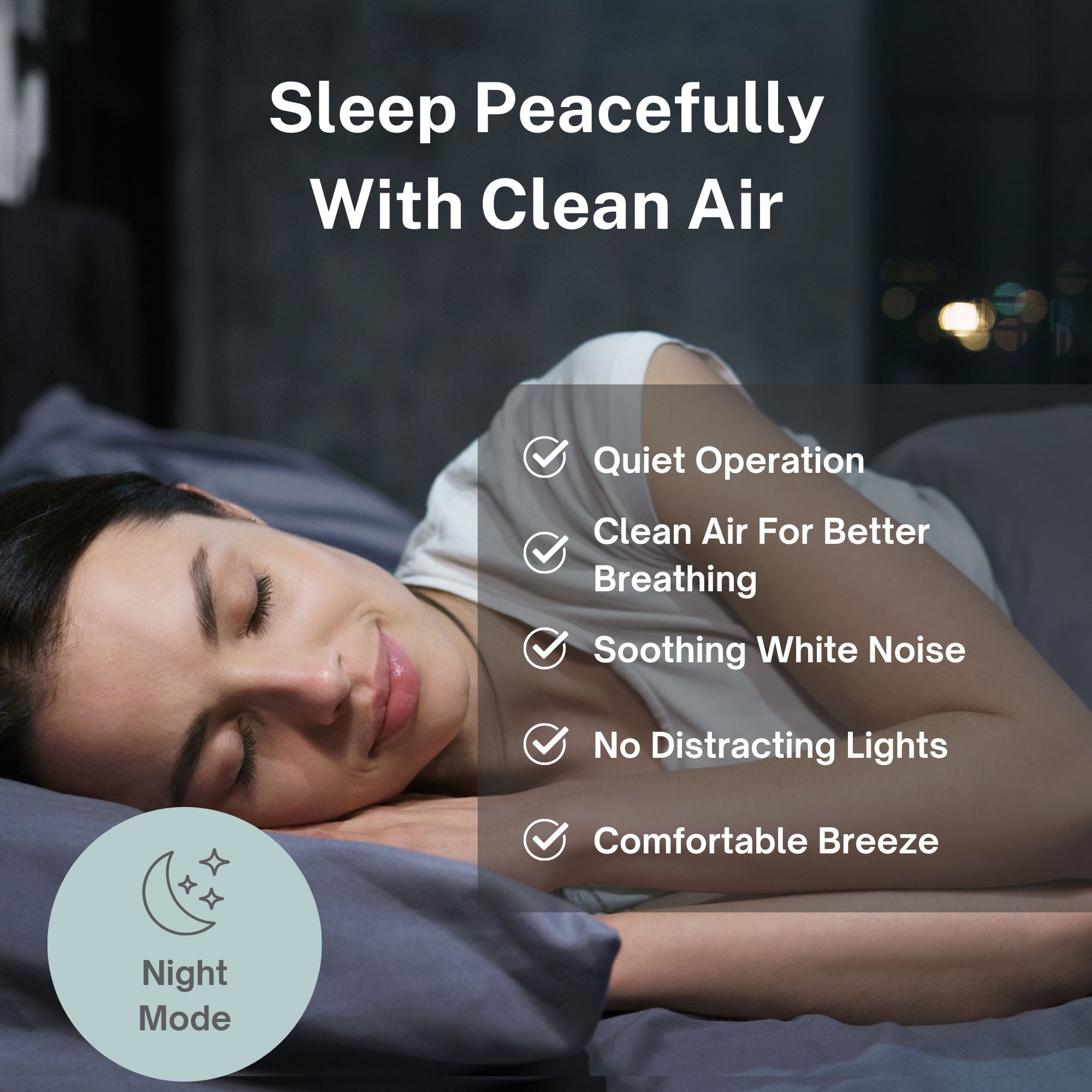Maine's Department of Environmental Protection issued an air quality alert on June 9, 2025, as wildfire smoke from western Canada created "Unhealthy for Sensitive Groups" conditions along the state's southwest coast. Ground-level particle pollution reached levels that pose health risks to children, older adults, and individuals with respiratory or heart conditions including asthma and COPD, while healthy people may experience symptoms during strenuous outdoor activities.
The smoke plume, originating from active Canadian wildfires and tracked south of Nova Scotia, was expected to push inland Monday afternoon driven by easterly winds. Officials warned the smoke could linger through Tuesday, with additional intrusions possible as fires continue burning across Canada throughout the wildfire season.
Particle Pollution Creates Health Risks for Vulnerable Groups
Maine DEP officials emphasized that while the general public faces minimal risk at current pollution levels, sensitive populations may experience immediate health effects including coughing, throat irritation, shortness of breath, and mild chest discomfort. The "Unhealthy for Sensitive Groups" designation indicates air quality conditions that require protective measures for vulnerable individuals.
Children face particular risks from wildfire smoke exposure because their developing respiratory systems process more air per body weight than adults. Their smaller airways become inflamed more easily, leading to breathing difficulties, reduced lung function, and increased susceptibility to respiratory infections during smoke events.
Older adults experience heightened vulnerability due to age-related changes in lung function and higher rates of underlying cardiovascular and respiratory conditions. The fine particulate matter in wildfire smoke can trigger heart attacks, strokes, and serious asthma flares in elderly individuals with pre-existing health conditions.
People with asthma, COPD, and other chronic respiratory conditions face the greatest immediate risks from particle pollution. Even moderate smoke exposure can trigger severe symptom flares requiring emergency medical attention, making proactive protection essential for individuals with diagnosed breathing problems.
Weather Patterns Determine Smoke Movement and Duration
The Canadian wildfire smoke reached Maine's southwest coast Sunday and persisted into Monday morning, with meteorologists tracking a second wave approaching from Nova Scotia. Easterly winds were expected to push the smoke plume inland throughout Monday afternoon, affecting communities beyond the immediate coastal areas.
Weather pattern shifts could extend or reduce smoke exposure duration, making hour-by-hour monitoring essential for health protection planning. The Maine DEP committed to issuing updated forecasts as conditions change, recognizing that wildfire smoke behavior can be unpredictable and rapidly shifting.
The persistent nature of the smoke event, lasting from Sunday through potentially Tuesday, demonstrates how wildfire pollution can affect air quality for extended periods. These prolonged exposure events pose cumulative health risks that go beyond temporary respiratory irritation.
Ongoing Canadian wildfires raise the potential for additional smoke intrusions throughout the coming days and weeks, requiring Maine residents to remain vigilant about air quality conditions and prepared to implement protective measures when warnings are issued.
State Officials Recommend Indoor Protection Strategies
Maine DEP health recommendations focus on limiting outdoor exposure and optimizing indoor air quality during elevated pollution periods. Officials advised avoiding vigorous outdoor activities, keeping windows closed, and using fans or air conditioning to circulate indoor air away from outdoor smoke infiltration.
Individuals with respiratory conditions should have quick-relief medications and asthma action plans readily available during air quality alerts. The recommendation emphasizes the importance of proactive preparation rather than reactive treatment after symptoms develop.
Standard home ventilation systems may provide insufficient protection during moderate to severe smoke events when fine particulate matter infiltrates buildings through normal air exchange. Professional air purification technology offers enhanced protection by removing the microscopic particles that cause the most serious health impacts.
The state's emphasis on indoor air circulation acknowledges that closed buildings can trap indoor pollutants while failing to exclude outdoor smoke, making active air management essential during prolonged smoke events.
Multiple Monitoring Resources Available for Residents
Maine provides extensive air quality monitoring resources including the DEP's Air Quality Forecast, EPA's EnviroFlash alert system, and the AirNow Fire and Smoke Map that enable residents to track conditions in real-time. These tools allow for informed decision-making about outdoor activities and protective measures.
The Maine DEP's Air Quality Hotline (1-800-223-1196) offers direct access to current conditions and health guidance during air quality emergencies. This resource provides personalized information for residents with specific health concerns or questions about protective measures.
Governor Mills' "Wildfires and Air Quality" online resource centralizes information about smoke events and health protection strategies. The comprehensive approach reflects the state's recognition that wildfire smoke represents a recurring public health challenge requiring coordinated response.
Mobile apps and text alert systems ensure residents receive timely warnings about changing air quality conditions, enabling proactive protection rather than reactive responses to deteriorating conditions.
Recurring Smoke Events Require Ongoing Preparedness
Maine air quality alert represents part of a recurring pattern of Canadian wildfire smoke affecting northeastern U.S. air quality during fire seasons. Climate change and forest management factors contribute to more frequent and intense wildfire seasons that create cross-border air quality challenges.
Maine residents should expect similar air quality events throughout the summer wildfire season, requiring ongoing preparedness rather than emergency responses to individual smoke events. Proactive planning includes understanding personal health risks, monitoring available resources, and having protection strategies ready for implementation.
The state's comprehensive monitoring and alert systems provide tools for managing recurring smoke exposure, but individual families must take responsibility for protecting their health when air quality deteriorates. This includes having emergency medications available and indoor air quality management capabilities.
Vulnerable populations including children, elderly residents, and those with chronic conditions need enhanced protection strategies that function effectively during extended smoke events lasting several days or weeks.
Protect Your Family When Air Quality Alerts Strike
Maine's air quality alert demonstrates how quickly Canadian wildfire smoke can create health risks for vulnerable populations while affecting entire communities for extended periods. While state monitoring systems provide valuable warning information, families cannot rely solely on official alerts to protect their health from fine particulate pollution.
The emphasis on indoor protection acknowledges that homes and buildings offer the primary defense against wildfire smoke exposure. However, standard indoor environments may not provide adequate protection during moderate to severe smoke events when fine particles infiltrate through normal building air exchange.
Comprehensive indoor air quality management becomes essential for families with vulnerable members or those living in areas prone to recurring wildfire smoke events. Advanced air purification technology removes the fine particulates that cause the most serious health impacts during smoke emergencies.
Don't wait for the next air quality alert to threaten your family's health. Take control of your indoor air quality today and ensure your home provides the protection your family needs when wildfire smoke creates dangerous outdoor conditions that may persist for days or weeks.




